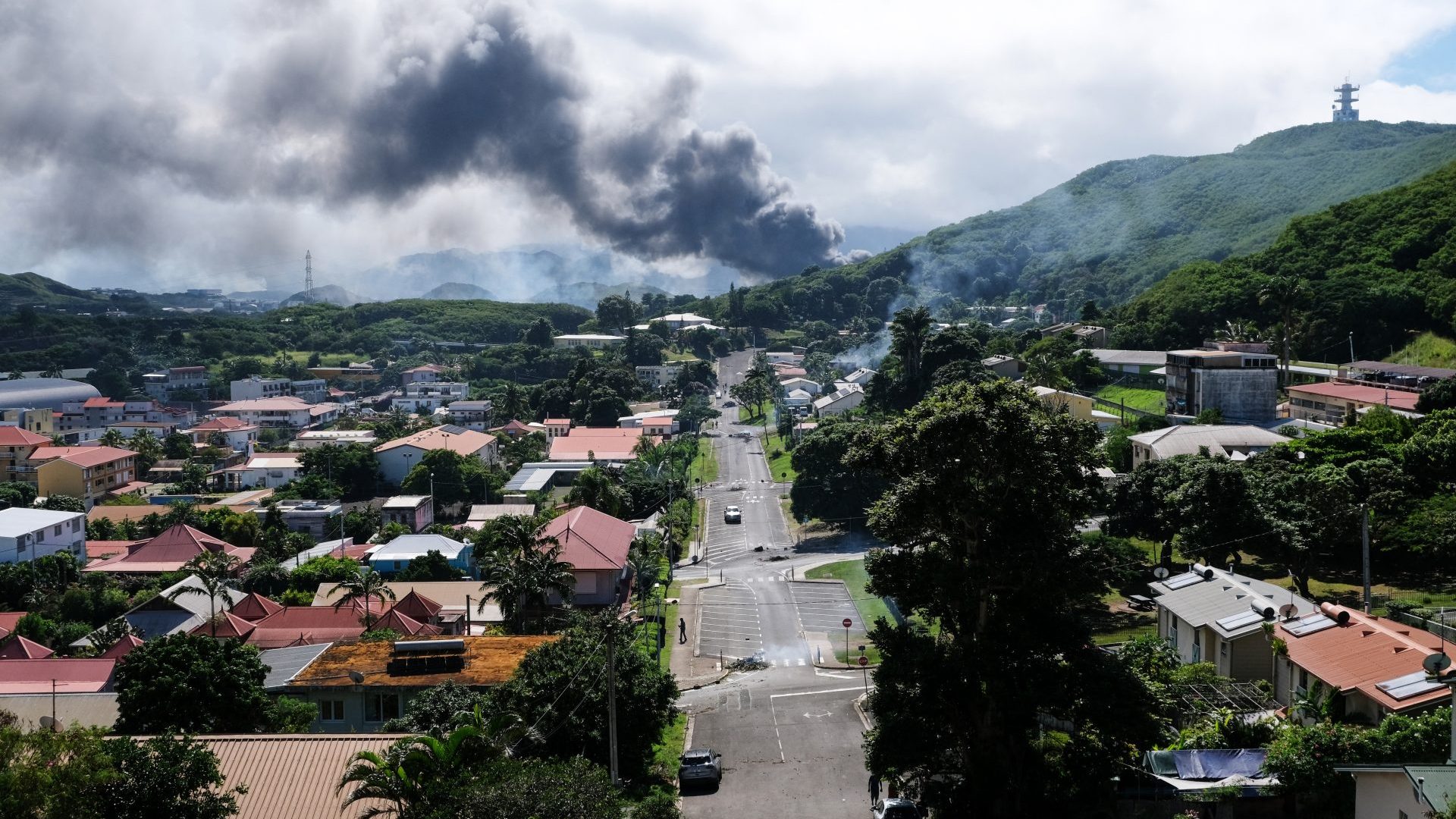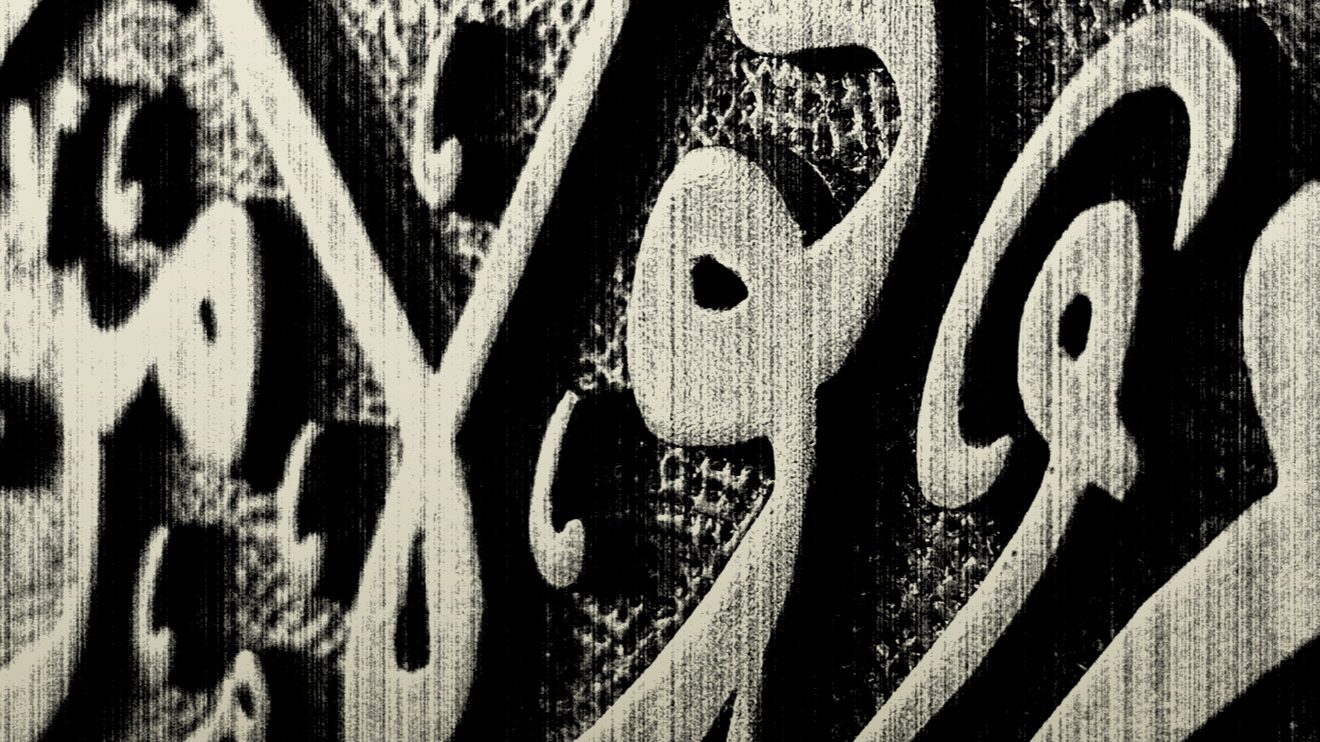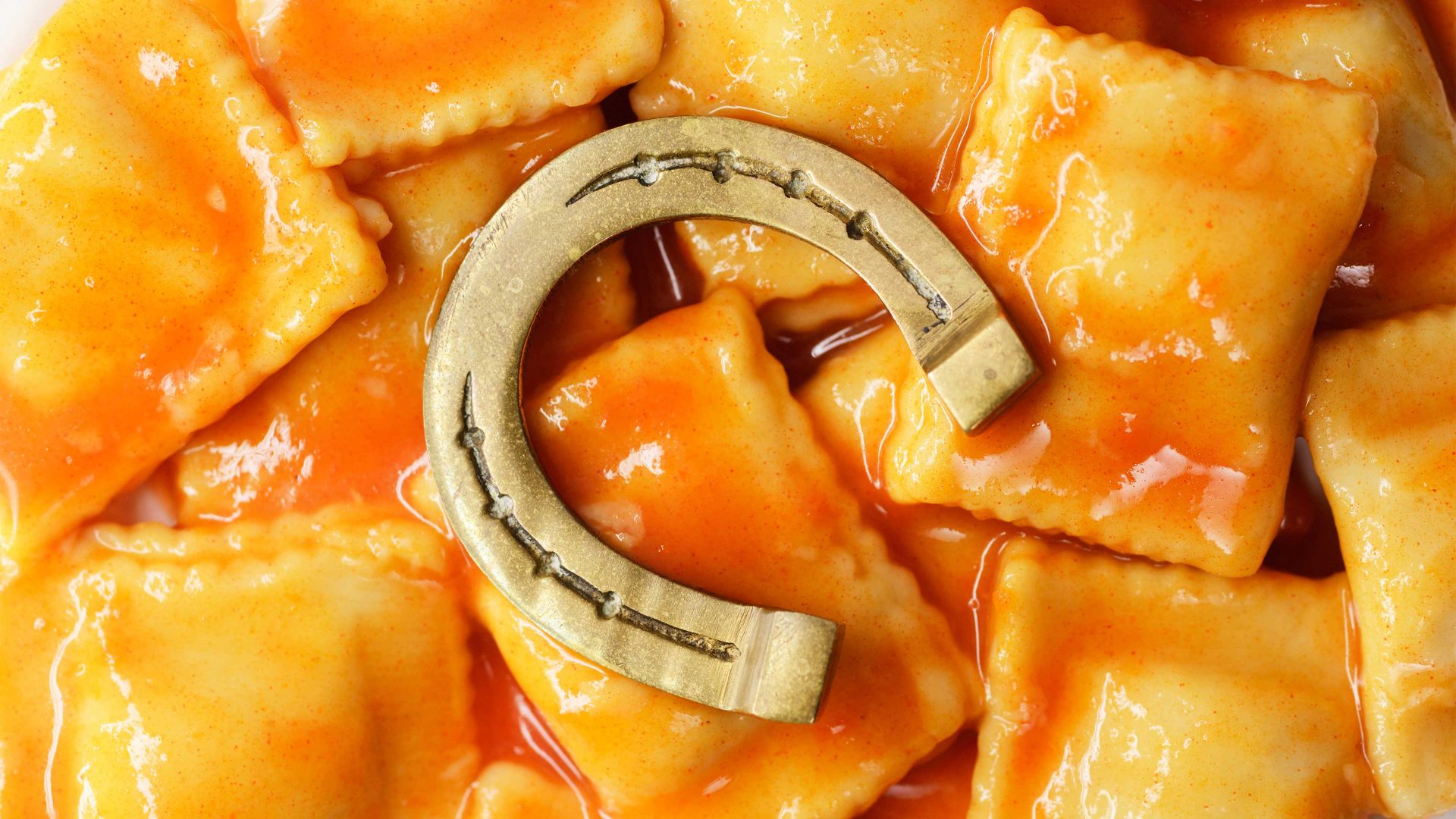Even as commercial flights in New Caledonia are grounded, one kind of visitor is still disembarking. A thousand French troops have been sent to Nouméa, the capital, in a robust signal by the French government that it intends to restore calm and protect key infrastructure across the islands, where there have been tumultuous riots all week.
Then, last week, Emmanuel Macron flew in, to deliver a stark message. “Republican order will be re-established,” he told local leaders. “There is no other choice.”
New Caledonia is an island group around 1,200km off the east coast of Australia, and since 1853 it has been controlled by France. The recent unrest originated in the French national assembly earlier this month, when it passed constitutional amendments giving the vote to anyone who has lived in New Caledonia for 10 years.
This change will have obvious consequences for the political balance on the islands, between French citizens who have moved to the archipelago, known as Caldoches, and the indigenous Kanak peoples. According to estimates, the reform would mean a 14.5% increase in the electorate, with the Caldoches claiming 13,400 new voters and the Kanaks 12,400.
Widening the electoral pool in a territory where one in five people has not been able to vote might seem democratic, but it’s viewed as a threat by New Caledonia’s independence movement.
A referendum in 2021 was meant to settle the issue of independence. Instead, like two previous votes, the third referendum led to a “political impasse”, says Mathias Chauchat, professor of public law at the University of New Caledonia. France “took the lead in the ‘No’ crusade”, and forced “Kanaks to vote during the pandemic when rallies were banned”, he says. The vote to remain part of France was 97% from just a 46% turnout. That result is being contested at the UN.
The French army, says Chauchat, “has always been used in the colony to maintain order in favour of the French community and against the Kanak people”. Their presence, he says, “is part of a long French colonial tradition”.
New Caledonia is the latest headache for France in its outre-mers (overseas) territories. There is, for example, the issue of uncontrolled migration to Mayotte from neighbouring Comoros in the Indian Ocean, as well as the punishing drought affecting Martinique, in the Caribbean. But New Caledonia’s troubles are all the more pressing as they are linked to questions of empire and national identity.
The control of distant territories is often associated with natural resources, and New Caledonia is no exception. The islands hold about 15% of the world’s nickel deposits and around 25% of the workforce involved in the metal’s extraction. The metal is crucial for the production of stainless steel and electric vehicle batteries, making New Caledonia’s mines – historically, at least – extremely valuable. However, the nickel market has been shaken in recent years – during 2023 the price dropped by 40%.
That fluctuation has been caused by Chinese-led mining and refining in Indonesia and the Philippines, leading to a huge rise in market supply. This has left 25 mines, principally in Canada and New Caledonia, facing closure.
The drop-off in the value of New Caledonian nickel, a product with deep colonial associations, has made France even more willing to step in. Conversely, Kanak separatists worry that a resurgence of the nickel industry would hamper real independence by denting people’s willingness to vote for change.
Last year, France’s economy minister, Bruno Le Maire, launched a €200m “nickel pact” to help the crisis-hit sector, but it’s hard to see how it will offset the wider financial and debt crisis that is affecting New Caledonia. The nickel industry is already heavily subsidised by the government.
Joël Kasarhérou, founder of New Caledonia’s separatist Construire Autrement (Build Differently) movement, told Le Monde in April: “The pact will delay the model’s collapse but trigger the five stages leading to the end of the cycle: denial, anger, negotiations, depression and acceptance. Politically, we are at the second, economically we are at the penultimate.”
France’s approach to propping up its territorial hold on an island chain that is over 11,000 miles away from Paris is stumbling in the face of social and economic pitfalls.
“The only way out,” said Chauchat, “is dialogue, independent of the executive, around restoring the country’s sovereignty”.
Pierre John Felcenloben is a journalist exploring social and political issues across Europe



